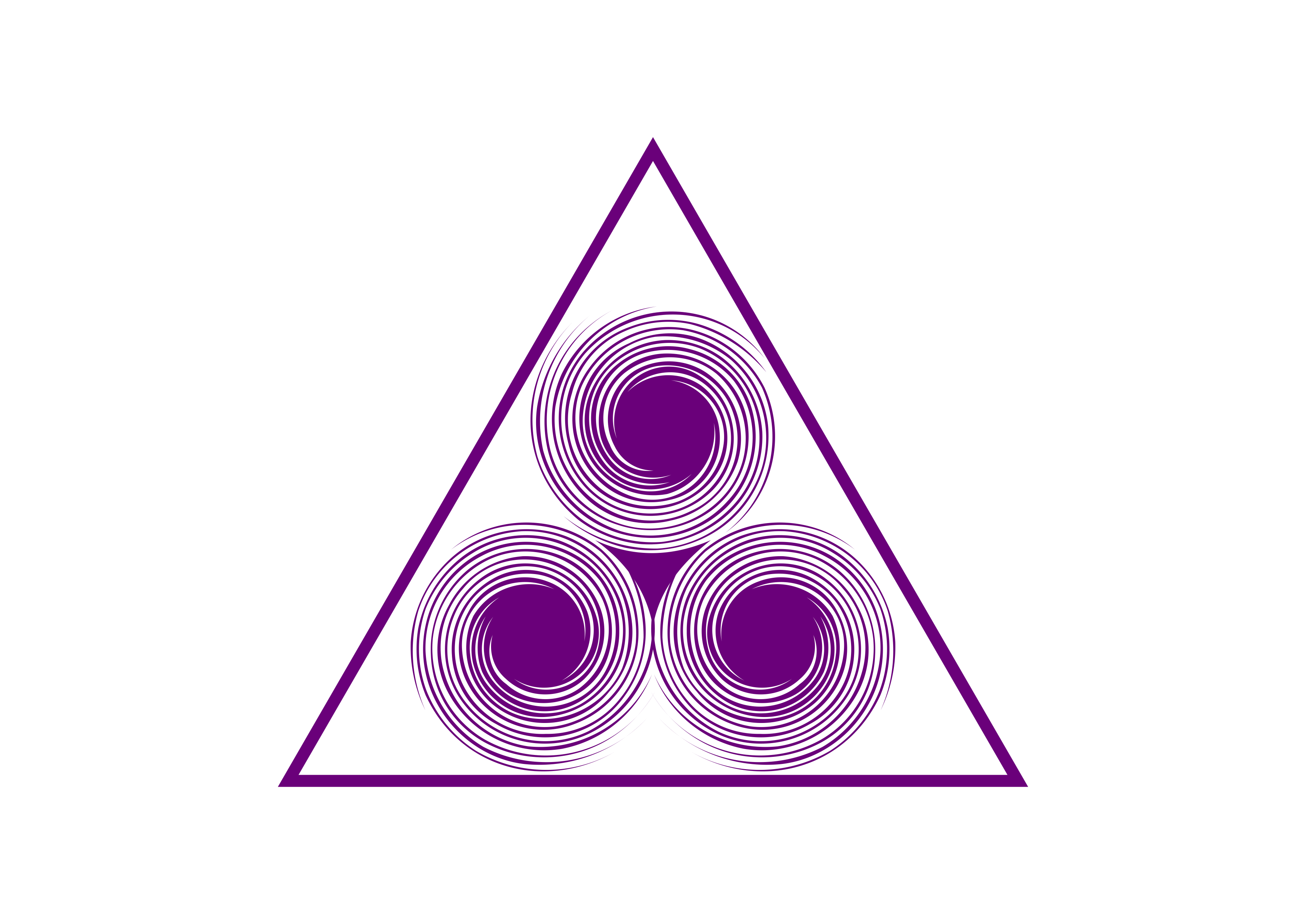
Build Resilience: Part 1
Stress is not necessarily a bad thing. In fact, it’s an automatic response system built into the fabric of living beings. It’s a protective mechanism that allows us to respond to everything that threatens our survival.
Think Mimosa Pudica plant! In Hindi, my native language, it’s called Chui Mui or Lajwanti, and Shame plant in English. Each time its leaves are touched, they close up. What do you think is happening here? The act of self-preservation by the plant against the herbivores.
Same is with us, humans. Each time we feel threatened, an automatic stress response kicks in. It’s felt as a racing heart, heat in the head, inability to see beyond what is required at that specific moment in time. And so much more is happening on a biological level. Our body switches to an “Only Essential Functioning Mode”. And we can’t be thankful enough for this. It allows all the resources to be directed to keeping us safe at all costs.
So, what is the big gung-ho around this topic of stress, and more so, stress management? The body is quite capable of managing acute episodic stress. The problem is, it has barely any resources to deal with chronic, long term stress and no mechanism to differentiate whether the perceived threat is real or imaginary. Life has immense complexity built into itself. But adding to it the present pandemic and its impact on individuals, families and communities simply magnifies the suffering. Existential, physical, emotional and mental stress all are palpable and co-existent. Long hours at work, clubbed together with career aspirations, perceived expectations, sudden changes to the role dynamics at personal and professional front, learning to adapt to a new way of being, coping with loss of life and livelihood, allow no respite. Imbalance in various aspects of life, inamicable relationships, and a perceived lack of time, weigh heavy. There seems to be a constant sense of pressure on your system. The body makes every
effort to cope with it as much as possible. But now, something that was supposed to happen once in a while, has become the norm. So, the body is constantly responding with a stress-response. No wonder then, each time someone walks into a medical clinic with a backache, hypertension, diabetes, migraines,
muscle-joint pain, chronic diseases or even life threatening medical conditions, one of the prescribed treatments always has an element of learning to alleviate stress levels, with meditation and mindfulness-based stress reduction (MBSR) being the number one choice within the medical fraternity.
Isn’t it common sense then, to start using these (mindfulness and meditation) as non- prescription elements to ensure not just good health, but also bring in joy, robustness and vitality into your precious lives!
